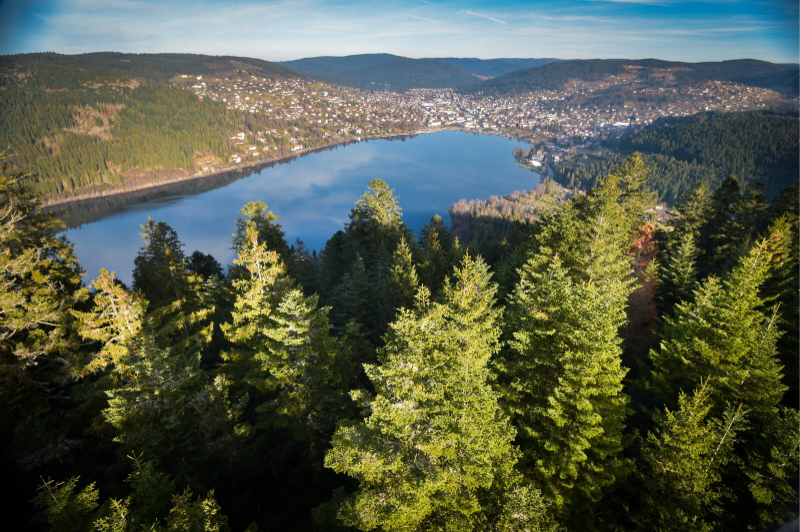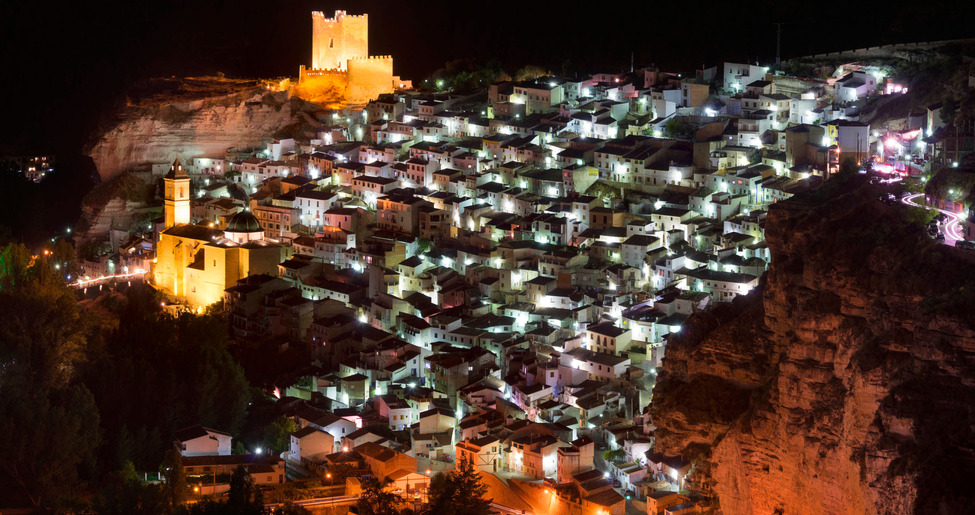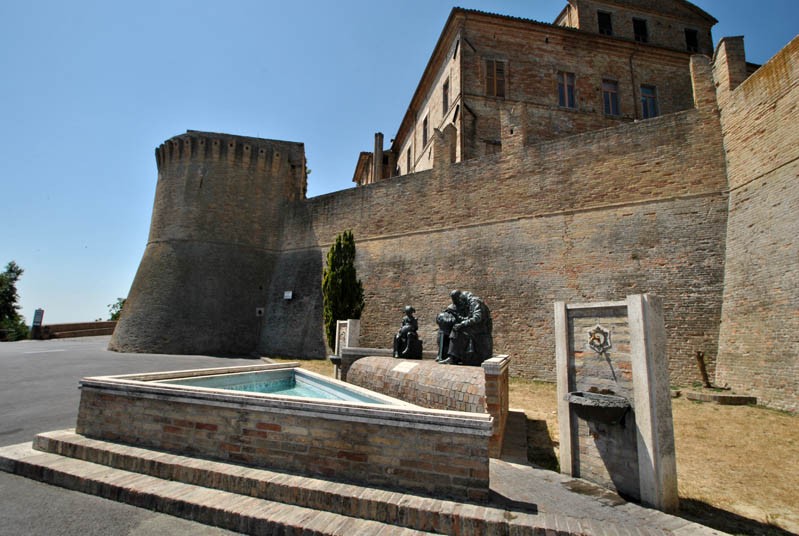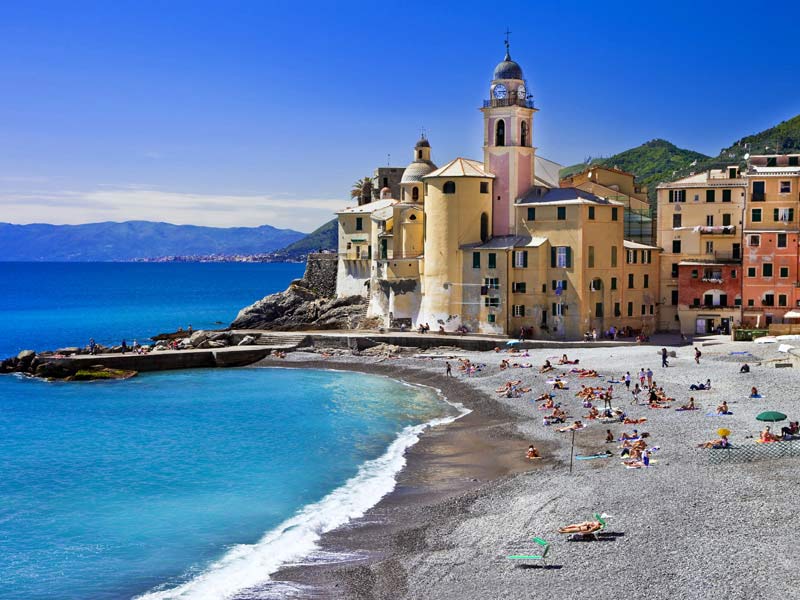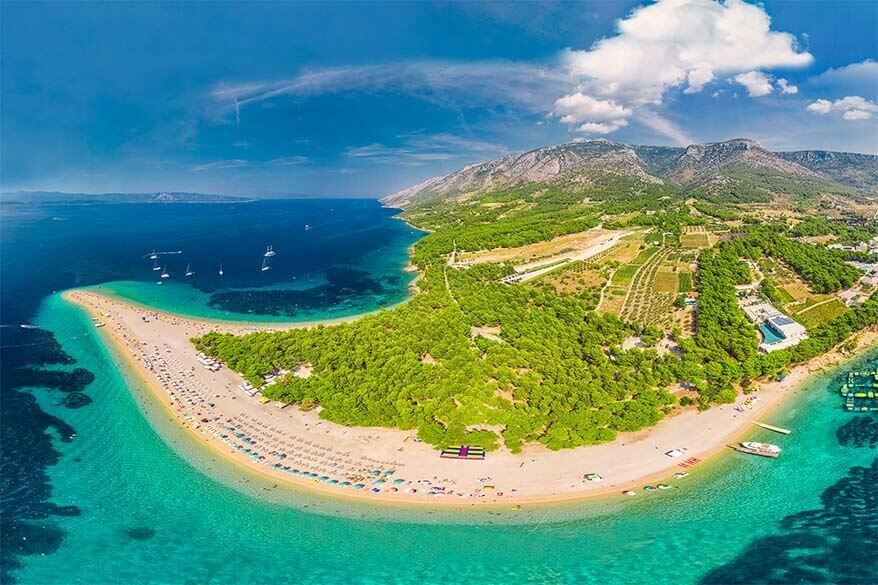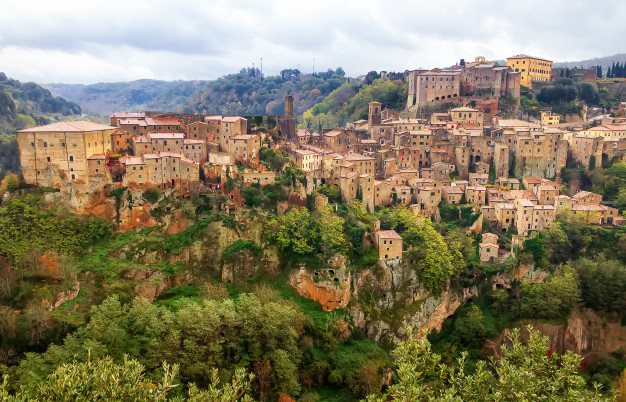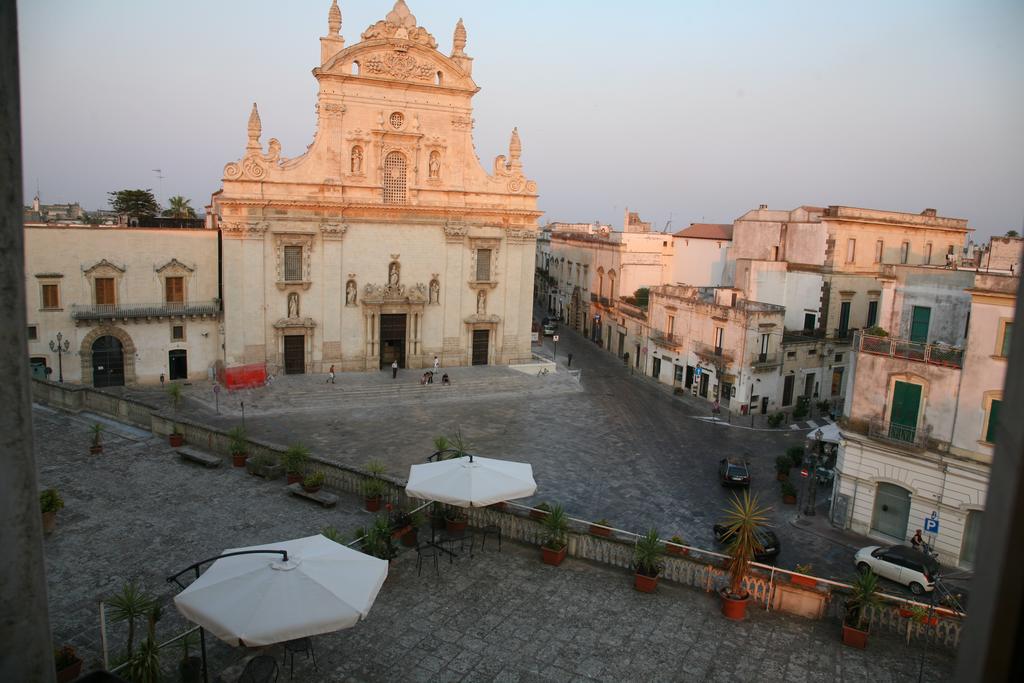Neuvic is located at the heart of Massif Central, not far from the gorges of Haute Dordogne. Its treasures are its natural environment and a tradition of passing along knowledge. It has carefully maintained its learning establishments, where rural craftsmanship and respect for the environment are taught.
Despite the etymology that defines Neuvic as a “new town” (novus victus in Latin), its history is very old. It appears that the settlement began as a population displacement. In any case, Neuvic was known since the 11th to 12th century as a community dependent on the viscounty of Ventadour with its impressive castle and prestigious literary renown relating to medieval troubadours.
Neuvic had fortifications of which traces of the vestiges remain in the town’s oldest street. It still has its fortification gates and a church that was remodeled in the 15th century after damage caused by the Hundred Years’ War. The town also had an exemption charter in medieval times.
In the mid-19th century, Neuvic boasted a farm school, the local chapter of an agricultural educational system established by the 2nd Republic. It was founded by Jean-Hyacinthe d’Ussel on his farm, Les Plaines, and he directed it until his death in 1891. That farm became the basis for today’s agricultural secondary school. This education was completed by a Practical School for Rural Craftsmanship or Ecole Pratique d’Artisanat Rural, founded for the rehabilitation of people disabled by the war following WWI; that establishment became the basis for the vocational secondary school.
